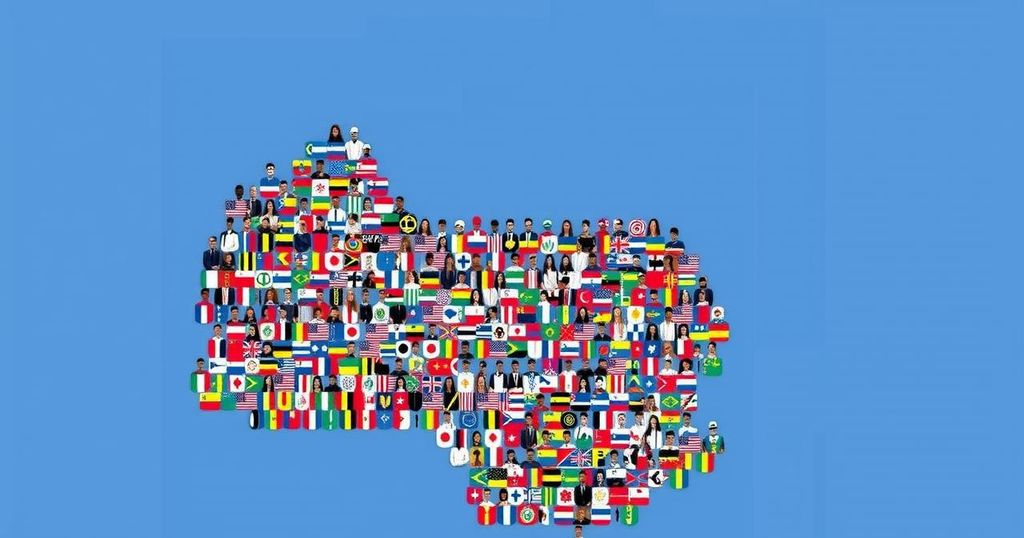Colombia Sets Deadline for Venezuela to Disclose Election Records

Colombia has declared it will not recognize the reelection of Venezuelan President Nicolas Maduro unless his government provides electoral records from the disputed July elections by January 10, 2025. Allegations of fraud from the opposition challenge the CNE’s claim of Maduro’s victory, complicating regional diplomatic relations and raising concerns over electoral integrity.
Colombia has formally stated that it will not recognize the reelection of Venezuelan President Nicolas Maduro unless his administration provides the vote records from the disputed elections held earlier this year by January 10, 2025, the date when Maduro’s current term concludes. The Venezuelan National Electoral Council (CNE), which is aligned with Maduro, announced his victory shortly after the polls closed in July, claiming he secured 52 percent of the votes. However, this result has not been embraced by the international community, many of whom demand a transparent disclosure of the voting details, which remains unfulfilled as mandated by law. The opposition in Venezuela has alleged electoral fraud, asserting that its candidate, Edmundo Gonzalez Urrutia, actually received approximately two-thirds of the votes according to their own analysis of polling data. The CNE disputes this, citing that the opposition garnered only 43 percent of the total votes cast. Gonzalez Urrutia has since fled to Spain following an arrest warrant that his party describes as baseless. In a recent announcement, Colombian Foreign Minister Luis Gilberto Murillo reaffirmed his government’s stance, demanding a clear presentation of the voting minutes by January 10, 2025. He emphasized that failing to do so would lead to Colombia refusing to acknowledge the electoral results issued by Venezuela’s authority. Venezuelan Foreign Minister Yvan Gil responded by accusing Murillo of inconsistency in his dealings and suggested that his remarks were influenced by pressures from the extreme right and the United States. Gil indicated that further responses would be forthcoming from Venezuela, underscoring the tension in diplomatic relations. Colombia is not alone in this position; Brazil has similarly withheld recognition of Maduro’s reelection until the results are transparently disclosed. Other Latin American nations, including Argentina and Peru, have aligned with the United States in supporting claims of victory for the opposition. The announcement of Maduro’s reelection has sparked protests in Venezuela, leading to significant unrest that has resulted in numerous casualties and arrests.
This article addresses the ongoing political tension between Colombia and Venezuela following the contentious reelection of Venezuelan President Nicolas Maduro. The necessity for transparency in electoral processes is highlighted, reflecting broader concerns regarding democracy and governance in the region. The Colombian government, aligned with many countries in the Americas, has taken a firm stance on the matter, advocating for clarity in electoral outcomes to ensure legitimacy and democratic integrity. The situation is further complicated by allegations of fraud, political repression, and the involvement of international influencers, such as the United States, which shape the regional diplomatic landscape.
In summary, Colombia’s refusal to recognize Nicolas Maduro’s reelection hinges on the demand for transparency regarding the voting records from the recent elections. The international community’s support for the opposition’s claims reflects widespread skepticism about the legitimacy of the electoral process, which has been marred by allegations of misconduct and repression. With the deadline set for January 10, 2025, the pressure mounts on Venezuela’s government to comply with the requirements of its neighboring countries and the global community or face further diplomatic isolation.
Original Source: www.barrons.com








